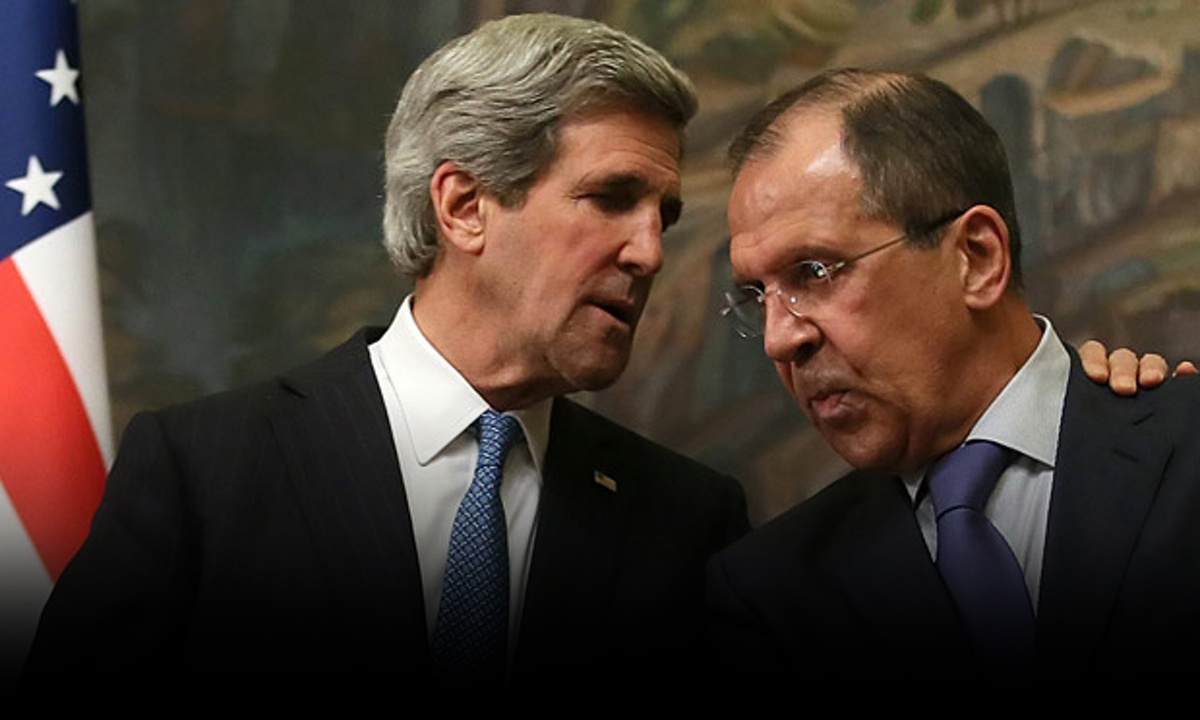
In the past few weeks Western leaders have begun to soften their stance on the future of Assad, potentially laying the groundwork for a political solution that would include the President, a move which until recently was considered unthinkable.
At the United Nations in New York, Australia’s foreign minister Julie Bishop stated: “there is an emerging view in some quarters that the only conceivable option would be a national unity government involving President Assad”. Similarly the German Chancellor and British PM have acknowledged that Assad should be part of political negotiations to end the war.
This softening stance towards Assad is notable, not only because of the staunch opposition to the regime emanating from the west mere months ago, but also given the recently signed Iran nuclear deal (Iran is a committed ally of Assad) and Russian military build-up in Syria.
Indeed these developments have been the central focus of the recent UN General Assembly, to which Vladimir Putin delivered his first speech in a decade. The significance and symbolism of this speech, particularly with Assad’s chief UN diplomat Bashar Jaafari present in the hall, sent a powerful and symbolic message: the regime remains the internationally recognised government of Syria, it must be involved in the country’s future.
Over the past few months Russia has increased its military presence in Syria at the invitation of the regime. Reports indicate the Kremlin has deployed a contingent of Russian ground forces and set up a forward air-operating base in and around the key regime stronghold of Latakia in western Syria. Some 28 Russian combat aircraft have been deployed to the base as well as helicopter gunships and anti-aircraft defence systems. Latakia is 70km north of Tartus, a coastal city home to a Russian naval base, the only such facility outside the former Soviet Union.
The military build up comes after a year in which Russian ally Bashar al-Assad experienced significant military setbacks in his ongoing struggle to cling to power. In July President Assad gave an unusually frank assessment of just how bad the situation had become, acknowledging that the regime was struggling for manpower and would have to be more strategic and prioritise certain areas in the fight.
On the 30th of September, a mere 48 hours after Putin’s much talked about speech at the UN, Russia conducted its first airstrikes inside Syria. Some reports indicate that the strike was directed at elements of the U.S.-backed Free Syrian Army – a so-called ‘moderate’ group fighting the Assad regime.
On the ground, or rather in the air, U.S.-led coalition airstrikes have so far only targeted IS militants. But troublingly for western policy makers, IS also happens to be Assad’s main rival. In other words western airstrikes have been weakening Assad’s enemy for the past year, and therefore strengthening his relative position.
Prior to the softening of stance towards Assad the West had wholly denounced his regime, thus the coalitions airstrike ‘strategy’ had outcomes that conflicted with policy goals – degrading IS but strengthening Assad. If the emerging tacit acceptance of the Assad regime holds, the West has begun to move towards a more coherent policy in Syria, albeit unsavoury. This is something that has been notably absent since the outbreak of the conflict in 2011.
Many speculate that a potential deal between external actors – primarily Russia and the U.S., but also Iran and Saudi Arabia – is on the horizon and will likely see Assad remain as head of a transitional government. This is hard to swallow for many, particularly the relatives of the 300,000 dead as well as Turkey, Saudi Arabia and Qatar – countries that are vocal, active and invested Assad opponents.
Ultimately, it seems likely that a compromise will be reached: Assad will remain as head of a transitional government; he’ll probably remain in Damascus long after Obama’s left the White House. A ‘managed transition’ will take place, although in this author’s opinion it’s unlikely that the regime itself will be totally dismantled. Certain elements of it will undoubtedly be weakened, if only by the toll of war. It is also likely that a political settlement will see the regime have a broader, more representative composition, although its exact makeup is anyone’s guess. Whether such a government is able to remain united despite the fundamental differences that will no doubt exist within it is the million dollar question.
Whatever the outcome, it appears Putin is on the verge of another foreign policy masterstroke that could reinforce Russia’s presence in the Middle East, potentially at the expense of the west.
Simon is the founder of Foreign Brief who served as managing director from 2015 to 2021. A lawyer by training, Simon has worked as an analyst and adviser in the private sector and government. Simon’s desire to help clients understand global developments in a contextualised way underpinned the establishment of Foreign Brief. This aspiration remains the organisation’s driving principle.

